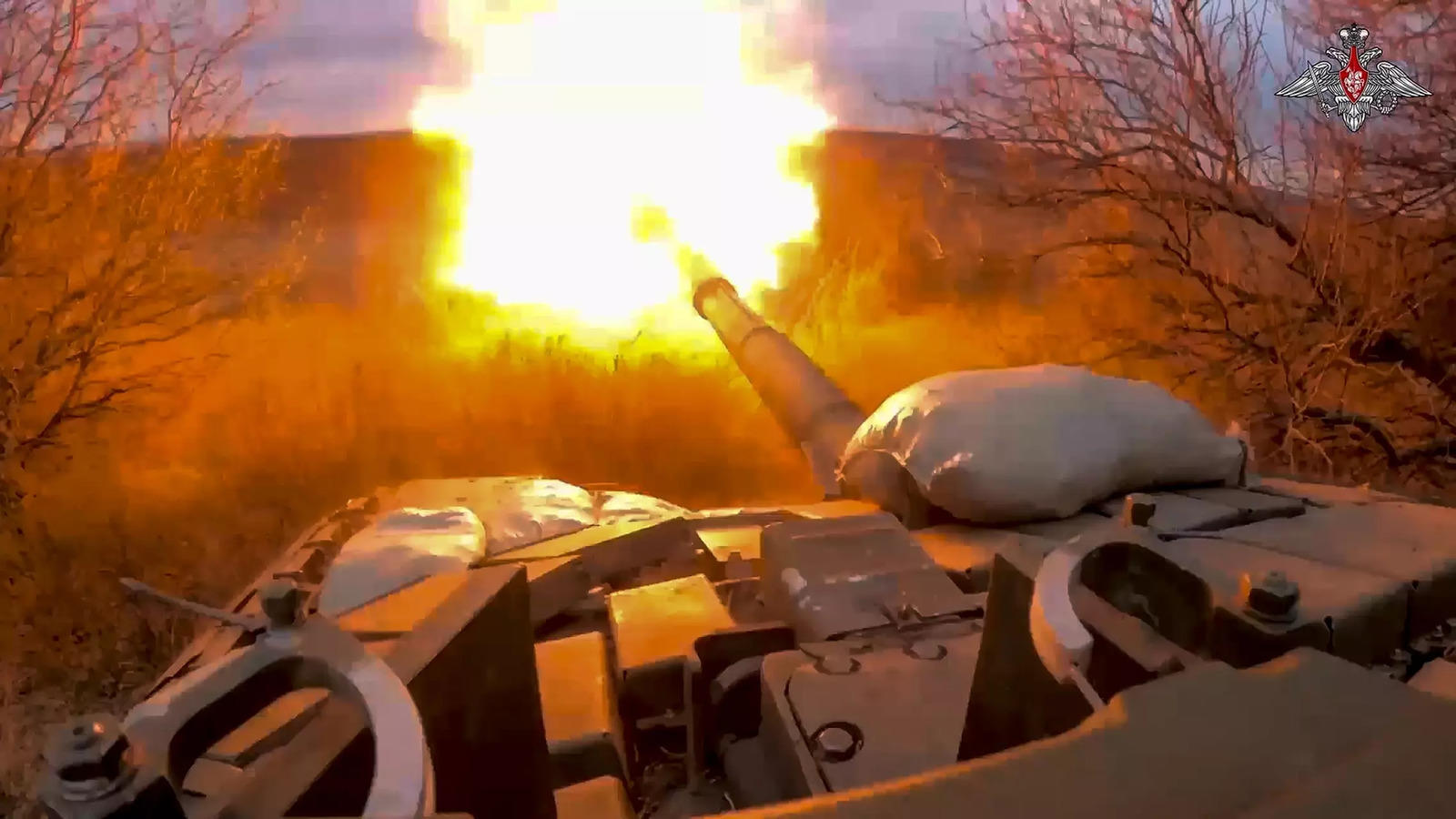Amidst escalating tensions, Russia issued a stern warning to Britain, threatening potential strikes on British military facilities. This came alongside plans to conduct drills simulating the use of battlefield nuclear weapons, reflecting Moscow’s heightened concern over Western involvement in the Ukraine conflict.
The Defense Ministry’s statement cited “provocative statements” from Western officials as the catalyst for the drills, marking the first public acknowledgment of such exercises involving tactical nuclear weapons. These weapons, distinct from the more powerful strategic ones, are designed for battlefield use.
The timing of these announcements, on the eve of President Putin’s fifth term inauguration and ahead of Victory Day celebrations, underscores the gravity of the situation. The international community, including the UN, expressed alarm over the escalation, emphasizing the need to avoid actions leading to catastrophic consequences.
Western leaders, notably French President Macron and UK Foreign Secretary Cameron, have hinted at deeper involvement in Ukraine, raising concerns in Moscow. The Kremlin perceives such remarks as dangerous and has responded with what it sees as necessary measures to safeguard its interests.
Russia’s Foreign Ministry summoned ambassadors from France and Britain, urging restraint and warning of dire consequences. Meanwhile, Sweden condemned the nuclear exercises as contributing to regional instability.
The situation has reignited fears of a broader conflict, with European military support for Ukraine being met with nuclear saber-rattling from Moscow. The Kremlin’s actions are seen as attempts to deter further Western intervention in the conflict.
Despite international condemnation, Russia continues its military activities, while Ukraine retaliates with targeted strikes on Russian territory. The conflict, characterized by attrition and reliance on long-range weaponry, shows no signs of abating, further straining relations between Russia and the West.















































